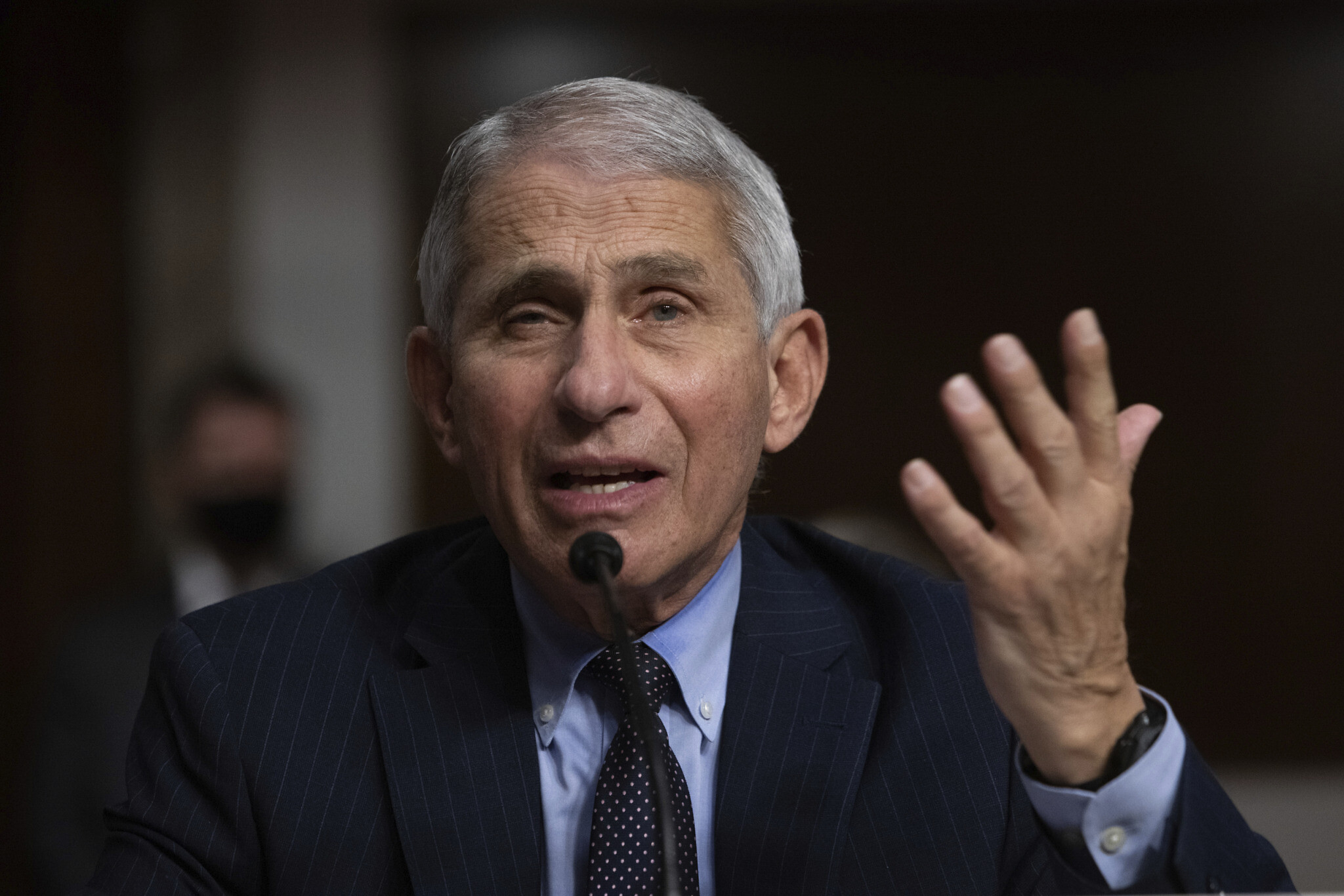The former head of the National Institute of Allergy and Infectious Diseases, Dr. Anthony Fauci, ended his public service career in December of 2022. In the wake of his retirement, it has emerged that he received a substantial sum in protective services. These taxpayer-funded services amounted to $15,000,000 and were delivered following the conclusion of his government tenure.
This funding for protective services stretched from the outset of 2023 to late September 2024. Although Fauci was no longer officially a government employee during this period, supplemental security measures clearly remained in operation for him.
Open The Books, a governmental watchdog committed to transparency across all branches and levels of government, was the organization that unearthed this financial detail. They managed to acquire this information by filing a Freedom of Information Act request.
The information retrieved detailed an agreement, or memorandum of understanding (MOU), between the U.S. Marshals service and the Department of Health and Human Services. This MOU outlined the substantial funds that were allocated to provide a protective detail for the retired public servant.
Notably, this funding was not simply allocated for security personnel. It encompassed salaries and benefits for deputies, administrative staff involved in organizing the security detail, transportation assistance for Fauci, and any necessary law enforcement equipment.
The MOU also noted the potential for an extension of this agreement. This suggests that, despite Fauci’s withdrawal from public service, circumstances may have been anticipated that would warrant the continuation of his elaborate protective detail.
Throughout his tenure from 2019 to 2022, Fauci was the top earner among federal employees. His salary upon retirement from federal service reached an all-time high of $480,654, marking him as a prominent figure within the bureaucratic landscape.
Adding to this already weighty financial picture, projections made in 2022 had put Fauci’s annual pension at around $355,000. This pension, if accurate, would significantly bolster the notable fortune of $11 million that Fauci had already compiled during his 54 years of civil service.
The highlighting of this data is not meant to cast a negative light on Fauci’s financial situation, but simply to outline the significant funds tied to him, both during and following his public service. The considerable funding designated for his post-retirement protection highlights the elevated status of this long-serving public servant in an unprecedented manner.
Open The Books showcases an interesting detail in their review – an indication that Fauci’s situation may be extraordinary. They found no other instance of a former federal employee receiving a similar level of taxpayer-funded protective detail.
This development should not distract from Fauci’s own perspective on his role during a notable period of global health crisis. In April 2023, he made statements advocating for an understanding approach towards public health officials in relation to decisions made during the pandemic.
Fauci argued against attributing blame to government officials and experts for missteps occurring throughout that time. His cause for this argument lay in the nature of the pandemic – an ever-evolving situation characterized by numerous unknown variables.
His perspective highlighted the requirement to make critical decisions in a volatile and uncertain environment. He believed it was essential to move away from pointing fingers and to appreciate the challenging factors under which these decisions had to be placed.
In his comments, he stressed the importance of viewing the events and the associated decisions in their proper context. There were circumstances where action was mandated owing to the pressing conditions created by the pandemic.
He advises that rather than focusing on blame, it is pivotal to understand the unprecedented and shifting landscape these decisions were born from. An environment where every decision and action was taken based on the best available knowledge at that point.
Hence, even as questions arise over the financial aftermath of Fauci’s public service career, it is imperative to keep in mind the challenging context in which he and many other health officials operated throughout a global health crisis.


